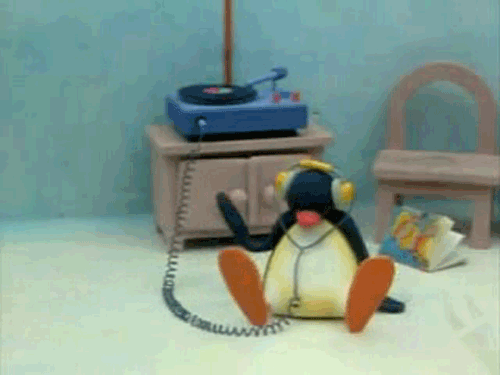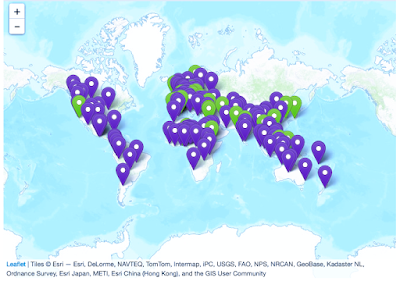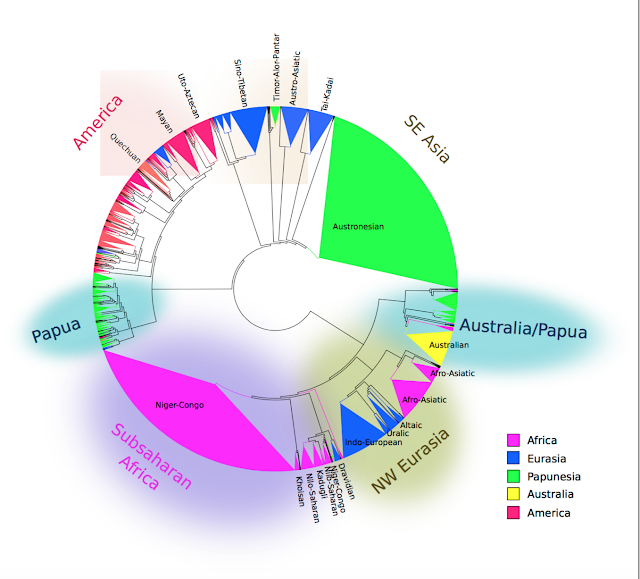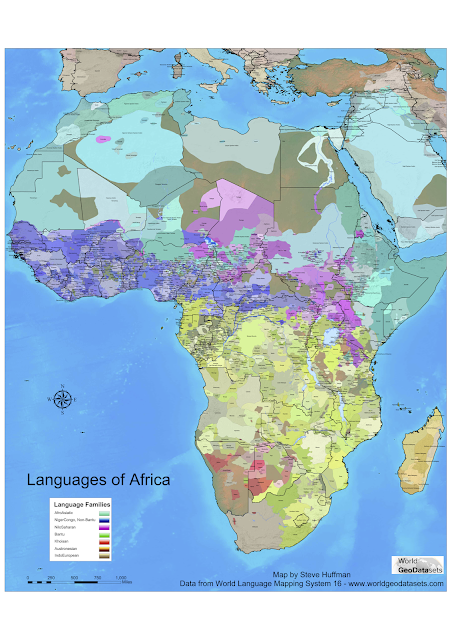Listen to the world's languages pt 4!
There's a lot of website around where you can literally listen to the diversity of the world's spoken languages, we've covered a few of them before under the tag Listen To The World's Languages.
Since we last made a post, we've found some more sites for you to enjoy. Just to reiterate here's a list of the sites we already mentioned before:
Since we last made a post, we've found some more sites for you to enjoy. Just to reiterate here's a list of the sites we already mentioned before:
- Language Landscape (global coverage, crowdsourced, you can add)
- Phonemica (mainly languages of China)
- Sound Comparisons (created for historical linguistics purposes)
- The Wide Language Index (the audio samples of the Great Language Game)
- The language Familiarization Game (from Maryland's "Langscape")
- Algonquian Language atlas (Cree, Ojibwe etc)
Now, to new additions in this category. We've got six for you this time, all quite spectacular!
***
Radio garden
Radio Garden is a Transnational Radio Knowledge Platform traveling online exhibition designed by Amsterdam-based Studio Moniker and developed by the Netherlands Institute for Sound and Vision. It’s a project that aims to connect people worldwide through shared experiences.
This is a really cool thing, I'm thoroughly enjoying this. You can literally listen to radio stations from all over the world, both speech and music. Very cool, very good art project.
Interactive map of languages
of the International Phonetics Association
of the International Phonetics Association
This might not sound as cool, but trust me it is. The journal of the International Phonetics Association has a standard format for people to submit phonological descriptions of languages in. It includes that certain words, minimal pairs and a certain story is recorded (the north wind & sun). These language illustrations are here mapped out, so you can click and listen to them! It is Marija Tabain from La Trobe University in Australia and colleagues have developed this map. It's neat because it features many lesser known languages and the actual scientific publication associated with the phonological description. I took particular pleasure in finding Nen, one of the languages people here at ANU work on (in particular my PhD supervisors Nick Evans).
Localingual
This site is quite similar to Language Landscape, it lets you upload audio samples that are geo-tagged and then you can browse the world map and listen to other clips. It's very nice, but maybe not so new.. Sorry. It's got more than 18.000 clips, which is more than Language Landscape's 708 recordings. I must confess though, beside the size I'm not really understanding what the big differences are between these two sites. Language Landscape have you log in, and Localingual does not require that. That has advantages (more people submit) and disadvantages (more crap submitted).
Both are cool, go to both.
**EDIT** I hadn't noticed the up and down voting at Locallingual until after writing this. That is very good, and it gets rid of a lot of the troubles people have been raising with the site. Thumbs up!!
***
These next three are databases of languages of a different kind, these contain material collected in various research projects - primarily on endangered languages. It's not at all as easy to just click and listen, unfortunately, but they do contain more material and more rigorous scientific description of the languages and material!
Endangered Languages Archive (ELAR)
ELAR is an archive for endangered languages hosted at the School of Oriental and African Studies in London. It currently contains 517 languages and is a very important institution.
Pacific and Regional Archive for Digital Sources In Endangered Cultures (PARADISEC)
PARADISEC is a database of material on endangered languages, with primary focus on the Asia-Pacific region. It features 800 languages currently, both text and audio material. It is the #1 site for language material in this region.
Dokumentation bedrohter Sprachen (DOBES)
DOBES contains 68 languages and is a project for documenting endangered languages sponsored by the VolkswagenFoundation and hosted by MPI-Nijmegen.
***
We hope you enjoyed that, if you've got suggestions be sure to comment or tweet at us.










Comments
Post a Comment